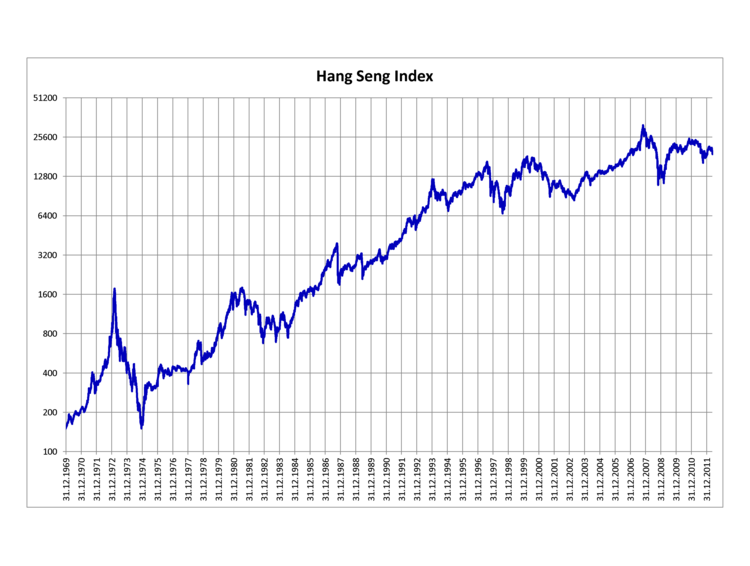As tensions rise, can Europe afford to prioritize defense without sacrificing social programs?
- European nations are struggling to balance military spending with welfare programs.
- Germany’s military has significantly decreased in size and capability since the Cold War.
- Defense ministers express frustration over inadequate military budgets despite promises to increase spending.
- U.S. pressure for Europe to increase military spending is growing, especially with upcoming elections.
- Germany’s current military spending is only meeting the 2% GDP threshold due to a special fund.
- Political parties in Germany are divided on the issue of military versus social spending.
In the aftermath of the Cold War, European governments made a significant shift by cutting military budgets and investing heavily in social programs, a move that was well-received by voters during a time of relative peace. However, with the resurgence of threats, particularly from Russia, European nations are now grappling with the challenge of reallocating funds to bolster their military capabilities. Germany, the largest economy in Europe, exemplifies this struggle. Its military has shrunk dramatically, from hundreds of thousands of personnel during the Cold War to just 180,000 today, with operational tanks dwindling from over 2,000 to a few hundred. Despite promises to increase military spending, German Defense Minister Boris Pistorius has expressed frustration over insufficient budget increases, which hinder the military’s readiness in light of current threats. The U.S. is also urging European allies to take on more defense responsibilities, especially as political dynamics shift with upcoming elections. Germany’s military spending currently hovers around 1.3% of GDP, only meeting the NATO target of 2% due to a special fund that is set to expire in 2028. The debate over military versus social spending is contentious, with some politicians arguing that cutting welfare programs to fund the military could undermine public support and social cohesion. As the situation evolves, the question remains: how will Europe balance its defense needs with the welfare expectations of its citizens?·
Factuality Level: 7
Factuality Justification: The article provides a detailed analysis of the current state of military spending in Germany and Europe, particularly in the context of the Ukraine war. It includes factual data and quotes from officials, which supports its claims. However, it also contains some opinionated statements and potential bias regarding the implications of military versus social spending, which detracts from its overall objectivity.·
Noise Level: 8
Noise Justification: The article provides a detailed analysis of the challenges European nations, particularly Germany, face in balancing military and social spending in the context of rising geopolitical tensions. It includes specific data, quotes from officials, and historical context, which supports its claims and maintains relevance throughout. The article also explores the consequences of political decisions on military readiness and social welfare, holding powerful figures accountable. However, it could benefit from a more explicit exploration of long-term trends and actionable insights.·
Public Companies: Rheinmetall ()
Key People: Boris Pistorius (German Defense Minister), Christian Lindner (Finance Minister), Robert Habeck (Economic Affairs Minister), Olaf Scholz (German Chancellor), Hans-Peter Bartels (President of the German Society for Security Policy), Benjamin Tallis (Senior Fellow at the German Council on Foreign Relations), Moritz Schularick (President of the Kiel Institute), Michael Kretschmer (Governor of Saxony), Zaklin Nastic (Defense Policy Expert in Parliament for the BSW party), Octavian Ursu (Mayor of Görlitz), Mike Moncsek (Member of the German Parliament from Saxony for the AfD party)
Financial Relevance: Yes
Financial Markets Impacted: The article discusses military spending in Europe and its implications for defense budgets, which can impact defense contractors and related industries.
Financial Rating Justification: The article addresses the financial implications of military spending in Europe, particularly in Germany, and how budget allocations affect both social programs and defense capabilities, which are critical financial topics.·
Presence Of Extreme Event: No
Nature Of Extreme Event: No
Impact Rating Of The Extreme Event: No
Extreme Rating Justification: The article discusses military spending and social programs in Europe, particularly in Germany, in the context of the ongoing war in Ukraine. However, it does not report on any specific extreme event that occurred in the last 48 hours.·
Move Size: No market move size mentioned.
Sector: All
Direction: Down
Magnitude: Large
Affected Instruments: Stocks
 www.wsj.com
www.wsj.com 





